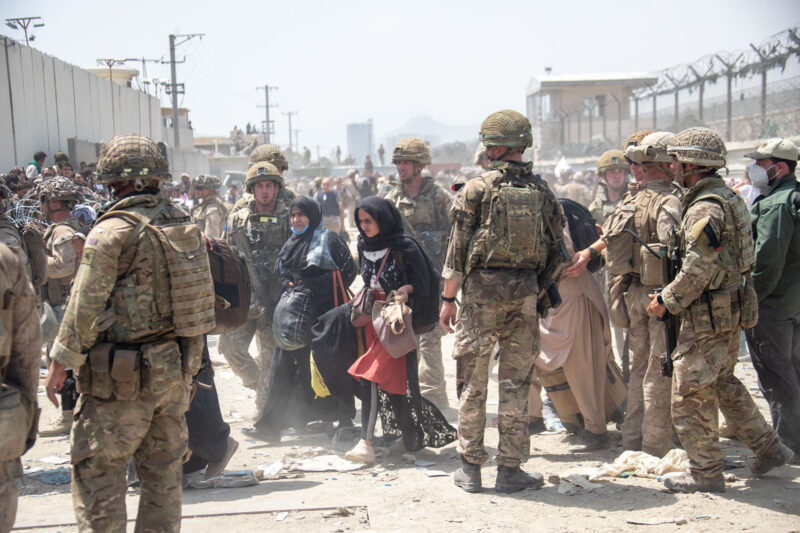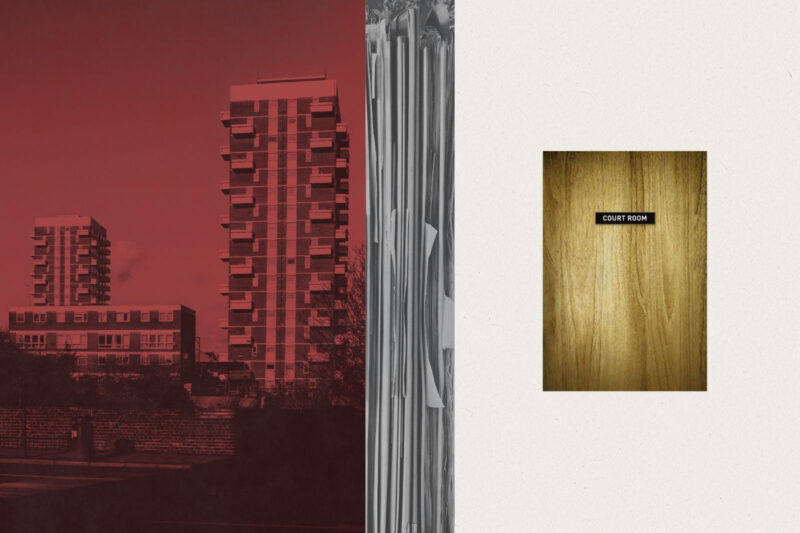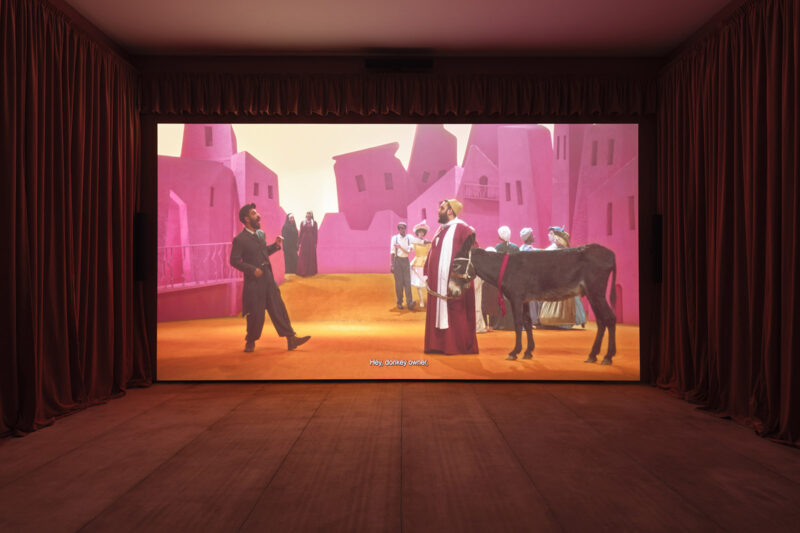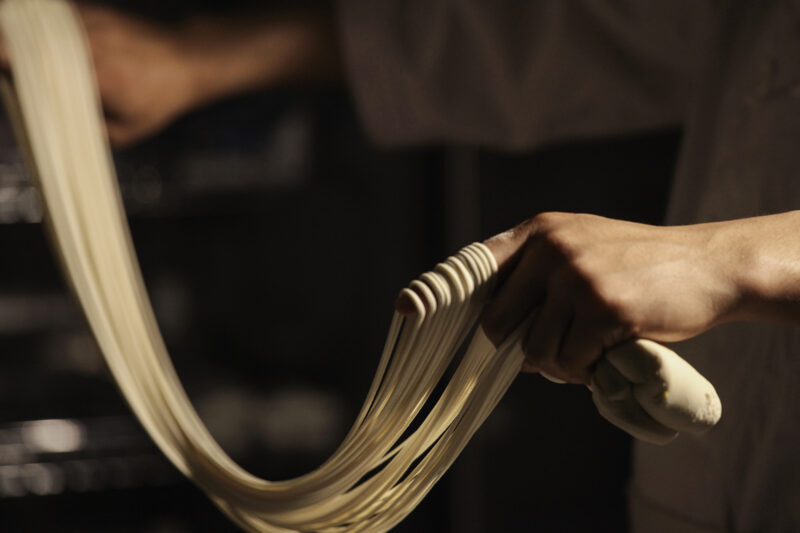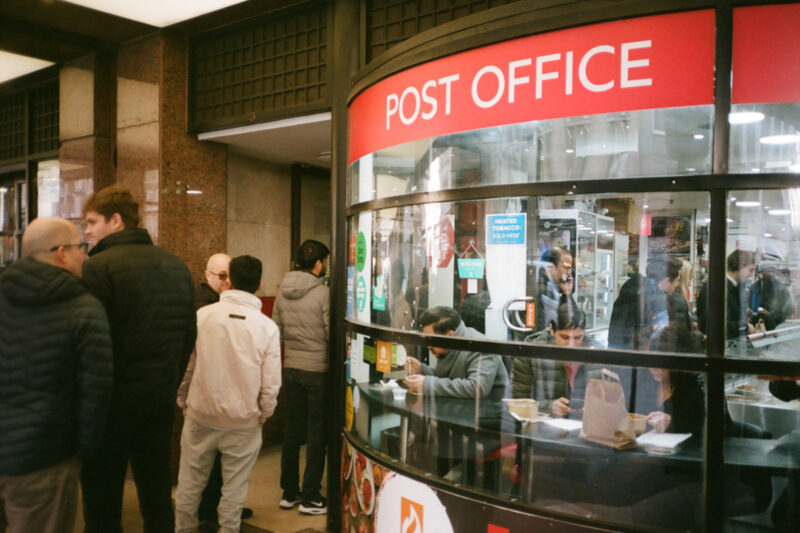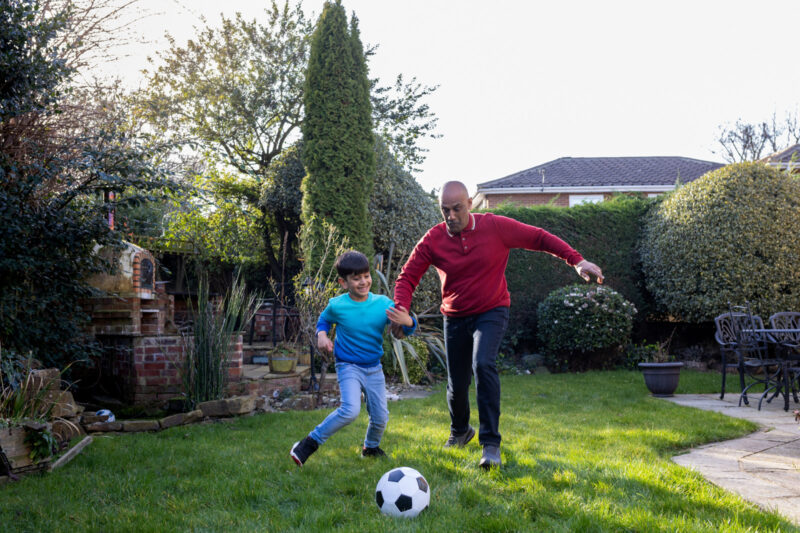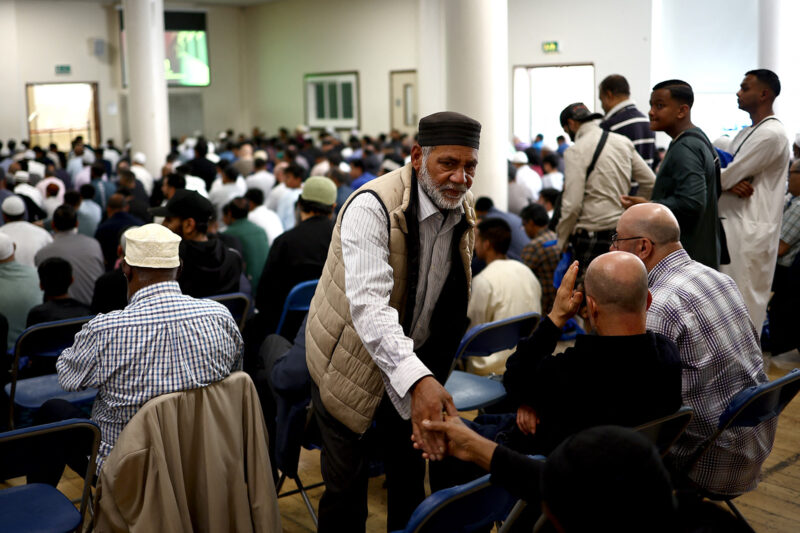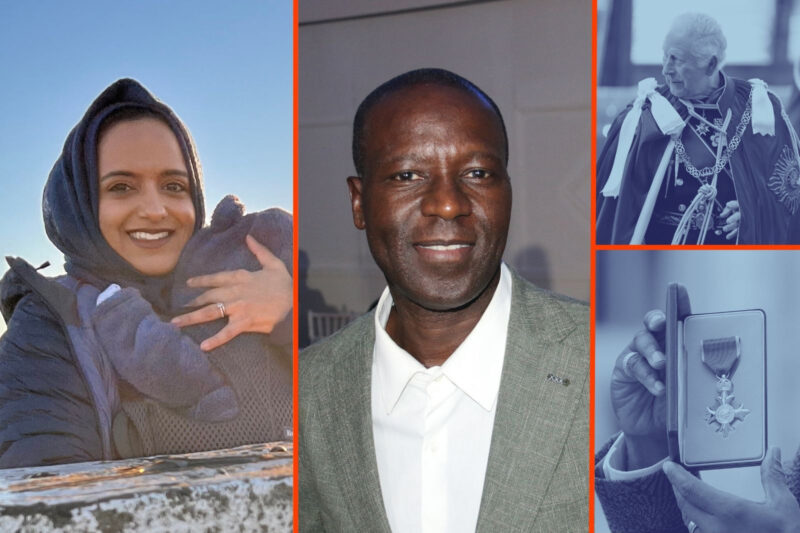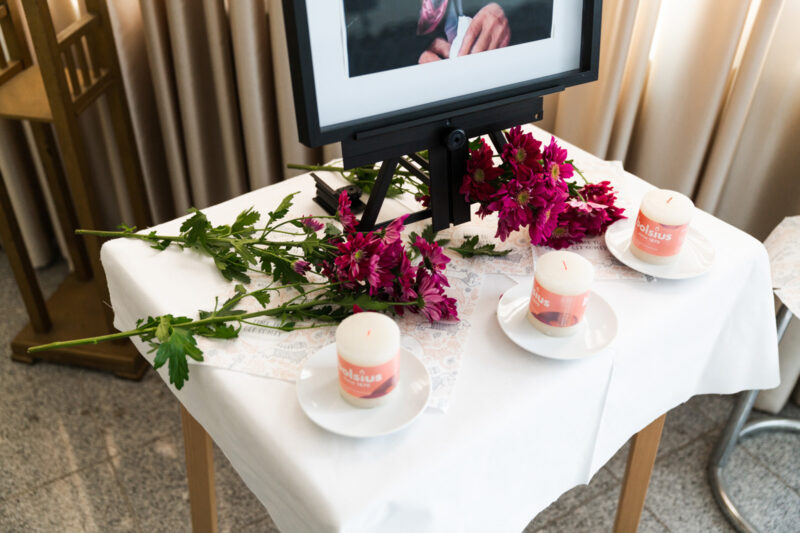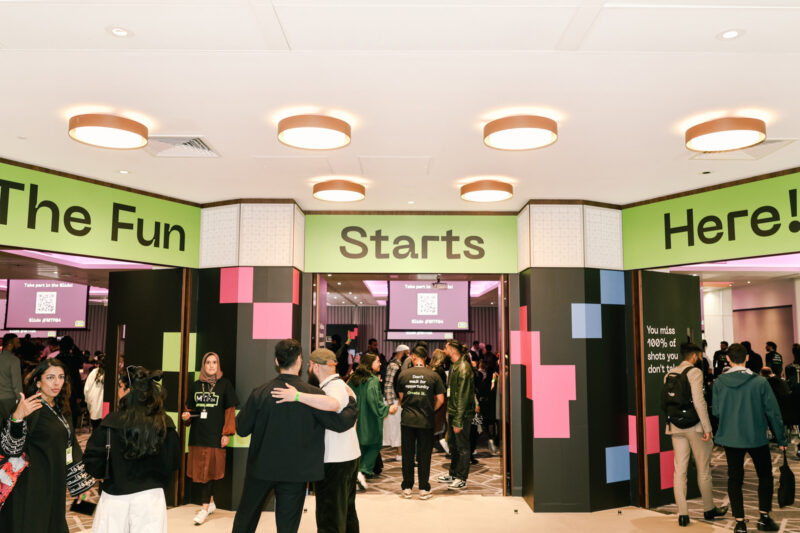Grenfell Tower: ‘I lost the meaning of life when I lost my sister’
Six years after fire tore through the west London housing block, survivors and bereaved loved ones share their stories and confront representatives of organisations blamed for the disaster
–
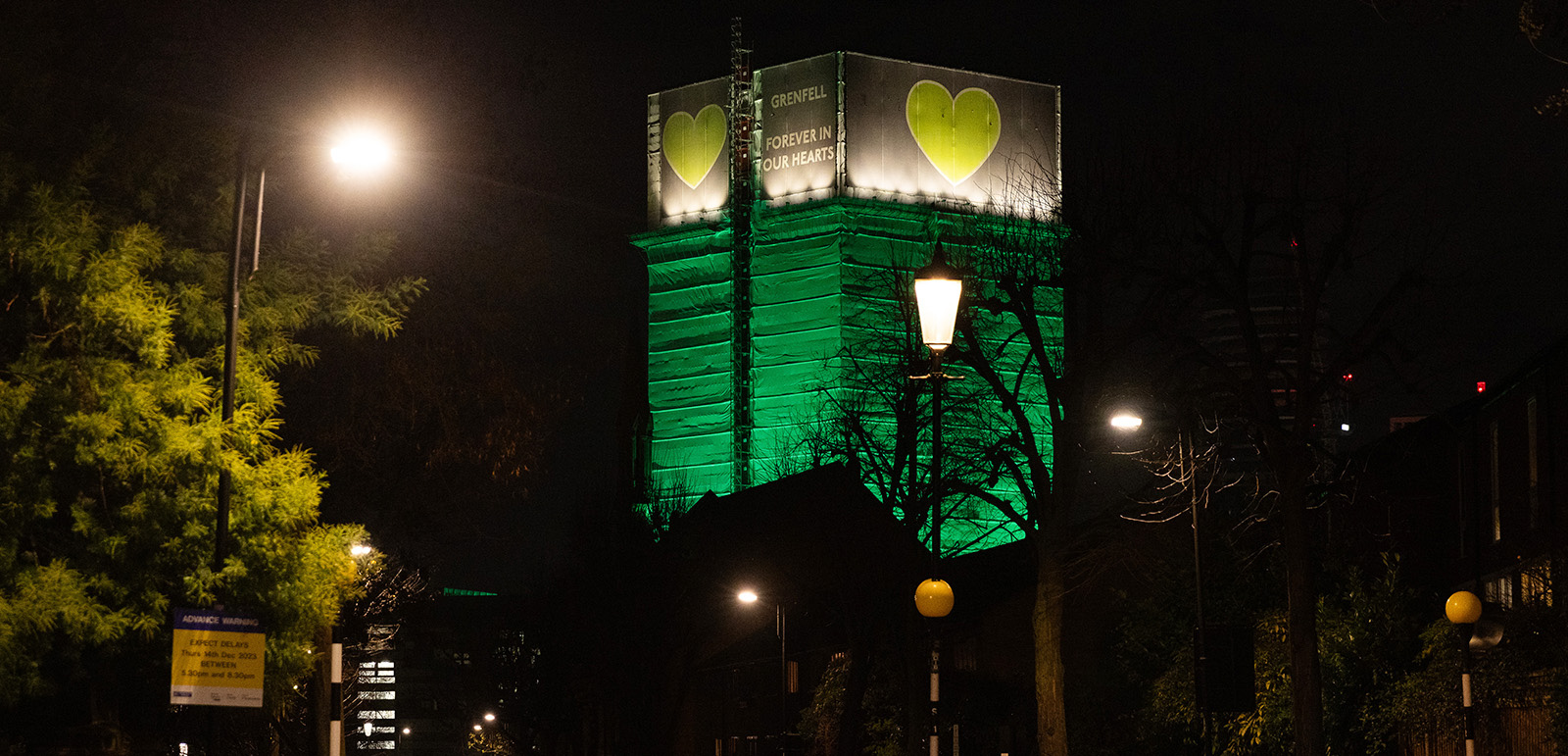
“We were not just sisters. She brought joy to any place she went to, and she loved life,” said Rasha Ibrahim in a video played to a crowded room at Church House in Westminster, London, on Monday 22 January.
Rania Ibrahim was one of the 72 people who lost their lives in Grenfell Tower when fire spread through the west London social housing block on 14 June 2017. Eighty-five per cent of those who died were people of colour. Rasha is among dozens of former residents and bereaved relatives who have taken part in Grenfell Testimony Week between 21 and 26 January.
Speakers addressed both the public and representatives of companies including the fire engineer Exova; Celotex and Kingspan, which made the flammable insulation used in the tower; the building manufacturer Rydon; and the Royal Borough of Kensington and Chelsea, the local authority that owned the building.
Grenfell Testimony Week, which aims to provide a forum for the voices of survivors and the bereaved, is independent of the UK government’s Grenfell Tower Inquiry and a condition of the June 2023 settlement of a £150 million damages claim.
The event brings together presentations, paintings, films and poetry by former residents and digital reconstructions of the night of the fire. Six years on, we hear from three people about the longstanding effects of the disaster on their lives.
Rasha Ibrahim, bereaved family member
Rasha Ibrahim’s sister Rania lived on the 23rd floor of Grenfell Tower with her daughters Fethia, 4, and Hania, 3. All three died in the fire.
Rania came to the UK in 2009, from Aswan in southern Egypt. Rasha was living in Cairo at the time of the fire and found out about the disaster unfolding through Egyptian media reports.
In an attempt to locate Rania, she started a hashtag on Facebook and rushed to the UK to search for her within days. Rasha continued to believe Rania was hurt, but still alive until September 2017, when a coroner confirmed through DNA testing that her sister was dead.
“Rania was my home,” Rasha told the room. “I lost the meaning of life when I lost her.”
She spoke of her sister’s fears of living so high up, in case there was an accident, and detailed the difficulties of coordinating the search for Rania.
“No one told me anything,” she said, referring to the social workers drafted in from other London councils to provide emergency response. Rasha’s first contact from any authorities relating to the fire came in late August. “They completely ignored me.”
Rasha, who has two children with special needs, decided to stay in the UK to be close to other family members. “A lot has happened since 2017. Residency stress, instability stress. I started taking antidepressants.”
Key workers were replaced in quick succession, and did not always use interpreters. Rasha continued: “I spent a year in hostels while pregnant. Only the first key worker was nice. The rest made me feel they were giving me money from their own pocket. They all wanted me to go back to my own country.
“Every time I got a bit better, I felt Rania starting to get away from me and I declined psychologically.
“I only came to see about Rania’s investigation and whether the accused would stand trial.”
Behailu Kebede, former resident
Behailu Kebede is a cab driver who arrived in the UK in 1992 from Ethiopia as a refugee. Grenfell Tower, where he lived for 25 years, was his first home in the country.
“I have wonderful memories of living in the tower,” said an actor delivering the words of Kebede, who felt he could not attend in person.
“The building was cosmopolitan, representative of the area around Ladbroke Grove. Grenfell was a truly special place.”
Kebede was in the process of buying his home, but that plan came to an end when the fire — which, according to fire engineers, was initially caused by a faulty fridge-freezer in Kebede’s flat — tore through the block.
Kebede’s anguish over the disaster continues to this day. His testimony stated that press coverage, which “sowed confusion about where the fault lay” implied that he was somehow responsible for the blaze, and that has had a serious detrimental effect on his mental health.
“An old photo of me drinking a beer in Portugal was found, as if I was off enjoying myself,” he said.
The first phase report of the official Grenfell Inquiry determined that the use of aluminium composite material cladding was the “primary cause” of the fire.
“I am an ordinary person, not someone with wealth or power, caught up in a catastrophe caused by wealthy, powerful individuals,” Kebede added.
Kebede explained that he was offered the opportunity to be placed in witness protection by police, as a consequence of the negative press, but declined after being told that he would not be able to see his family again.
“Nearly six years have passed since I have made this statement [to the police]. I cannot say I am any better today. My partner and my children live with a ghost of a man,” he said.
Georgina Smith, former resident
Georgina Smith was 12 years old at the time of the fire. Now 19, she attends university studying art and has produced canvases, recreating from memory the rooms of her former home in the tower. Her work has been displayed at Grenfell Testimony Week.
In a speech on Monday 22 January, Smith addressed company executives from firms that produced the exterior cladding used on the building
“Years of my life have been consumed by Grenfell,” she said. “This is not normal.”
“We have to view this as a story of two sides, the privileged and the rest.”
Smith was among a number of former residents and bereaved relatives to call for charges to be brought against companies and individuals found to bear responsibility for the fire. The London Metropolitan Police launched a criminal probe on the fifth anniversary of the disaster, and have stated that charges will not be made until the publication of Grenfell Tower Inquiry’s final report, which is expected later this year.
Smith also paid tribute to her friend, 12-year-old Jessica Urbano Ramirez, who lived on the 23rd floor of the tower and died that day, explaining that she “still celebrates Jess’s birthday every year”.
 Newsletter
Newsletter


